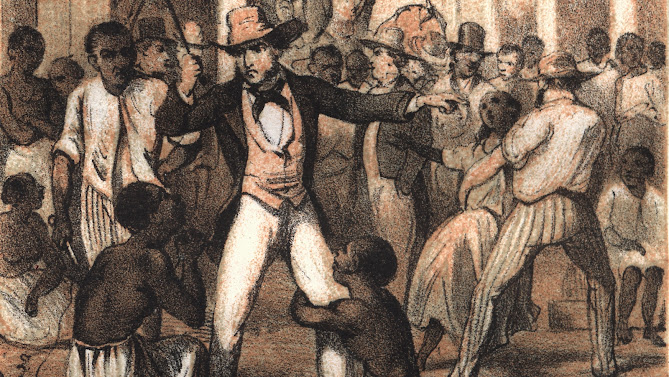Is Dhul-Qarnain the Same as Alexander the Great?
Do Scholars Identify Dhul-Qarnain as Alexander the Great? Let’s Clarify:
1. Ibn Ishaq (d. 761 CE) – Misrepresented
In his Seerah, Ibn Ishaq does not explicitly name Alexander the Great. He quotes foreign opinions claiming Dhul-Qarnain was from Egypt and called Marzuban bin Marduba al-Yunani—a name that doesn’t match “Alexander son of Philip.”5
He then cites Sayyiduna Umar (RA), who said Dhul-Qarnain was an angel, and finally concludes with “Allah knows best,” showing he's not asserting a firm stance—just reporting varying views.5
2. Ibn Kathir follows the same approach in his Tafsir, listing multiple views without affirming one as fact. He explicitly denies Alexander the Great as Dhul-Qarnain6
3. Ibn Taymiyyah rejects Alexander the Great being Dhul-Qarnain.7
4. Tafsir al-Jalalayn (15th century CE) – Extremely Late Source
This tafsir, compiled nearly 800 years after the Qur’an, does associate Dhul-Qarnain with Alexander7—but this reflects popular legend, not solid historical or theological analysis. It’s not a strong authority on the matter, and the timing alone undermines its relevance.
Major Theological Inconsistency: Dhul-Qarnain Was a Believer,
The Qur’an clearly describes Dhul-Qarnain as a righteous monotheist and just ruler.8
In contrast, Alexander the Great was a polytheist,9 often associated with Greek pagan gods (and claimed to be the son of Zeus-Ammon)10. There’s no evidence that Alexander worshipped the One God or upheld the kind of moral governance praised in the Qur’an.
This alone disqualifies him from being the figure described in Surah Al-Kahf.
Sources:
1. Alexander the Great in the Syriac Literary Tradition By Juan Pedro Monferrer-Sala, page 46
https://www.academia.edu/6461094/Alexander_the_Great_in_the_Syriac_Literary_Tradition
2. https://almuslih.org/wp-content/uploads/2024/10/Van-Blader-The-Alexander-Legend-in-The-Quran.pdf
3. https://quran.com/surah/al-kahf/info
4. https://archive.org/details/BudgeSyriacAlexander/page/159/mode/2up
5. https://www.justislam.co.uk/images/Ibn%20Ishaq%20-%20Sirat%20Rasul%20Allah.pdf
6. https://islamqa.info/en/answers/22029/ruling-on-reading-the-books-of-ahl-al-kitaab-and-debating-with-them-on-the-internet
7. https://daruliftabirmingham.co.uk/home/who-is-dhul-qarnayn/
8. https://quranx.com/tafsirs/18.83
9. https://quran.com/al-kahf
10. https://revistes.uab.cat/karanos/article/view/v5-anson
11. https://ancientheroes.net/blog/alexander-the-great-zeus-ammon



Comments
Post a Comment